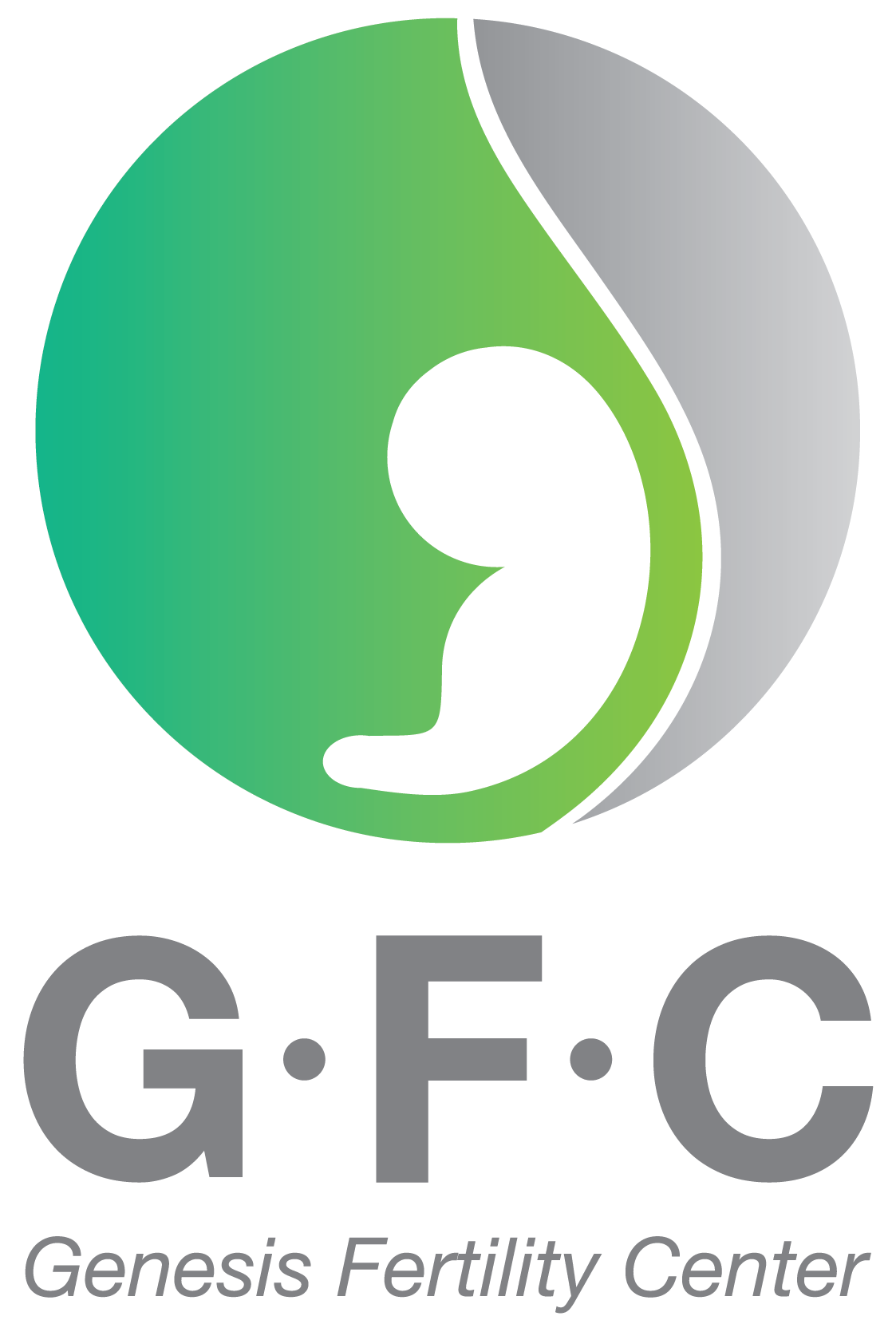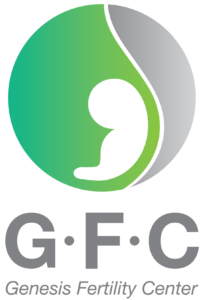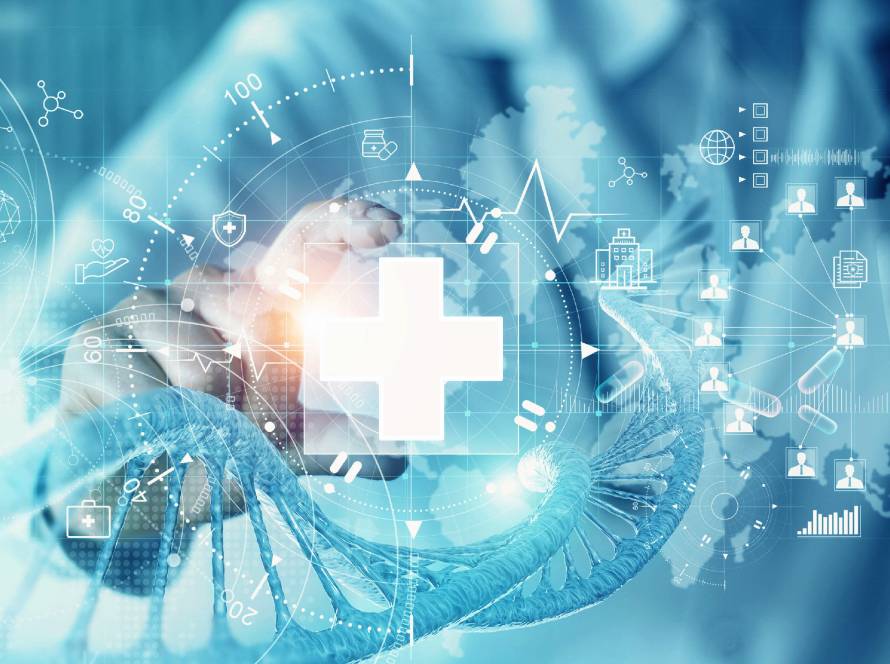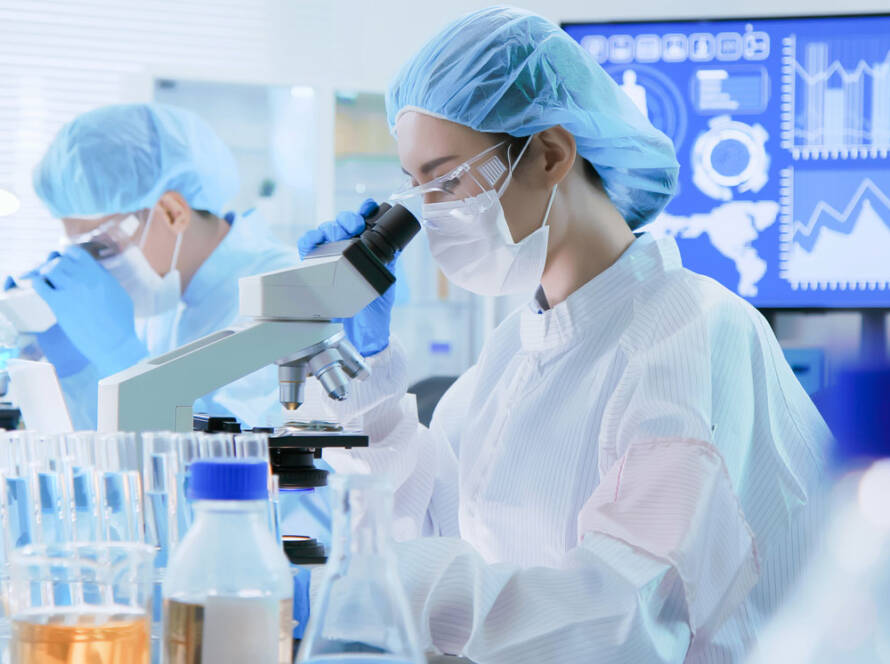Checklist prior to egg freezing on the day of egg retrieval
The process of egg freezing is considered another important step in maintaining the fertility of couples who wish to have children, as well as for couples who are not yet ready to have children but plan to do so in the future. By freezing and preserving eggs, the risk of difficult pregnancies can be reduced, especially since women over the age of 35 are more likely to experience physical deterioration, making it more difficult for them to conceive.
Nowadays, egg freezing has become increasingly popular, especially among younger couples who want to plan their families and set a timeframe for pregnancy or for those who want to undergo IVF/ICSI in the future. This has resulted in a growing interest in egg freezing.
What is egg freezing?
Egg freezing, also known as oocyte cryopreservation, is a process of extracting a woman’s egg cells and freezing them to stop their aging process and prevent deterioration over time. Although a woman in her reproductive age typically releases one egg per month, these eggs are produced since she was a fetus and numbering 6–7 million follicles, though the number of follicles declines over time. When a female baby is born, she has about 2 million follicles; by the time she reaches adolescence, only 200,000–500,000 follicles remain. By the time a woman is ready to conceive, there are only about 400–500 follicles left and other immature eggs will dissolve and wither away, which can lead to difficulty in getting pregnant and weak offspring.
The reason why women are increasingly considering planning for pregnancy and egg freezing is because it is another option for women who are not yet ready to conceive but want to in the future. Egg freezing is also an option for women who are undergoing chemotherapy or radiation therapy, which can affect the number and quality of their eggs due to their pre-existing medical conditions that impact their fertility currently, while waiting for their body to be ready for pregnancy in the future.
Preparation before egg retrieval
Preparation before egg retrieval is extremely important. Women should prepare themselves before egg retrieval to ensure the production of the most complete and high-quality eggs. In order for the egg freezing procedure to be successful, the medical team will need at least 15–20 good quality eggs. The success of a pregnancy depends on the number and quality of the eggs frozen at the time of retrieval. The younger the age at which a woman freezes her eggs, the higher the chances of success. Therefore, before egg retrieval, women should take care of
themselves in the following ways:
- Get enough rest: Women should get at least 8 hours of sleep per day. For 1–2 days prior to the egg retrieval, in order to prepare themselves for the procedure, they are recommended to go to bed before 11 pm as it can support the body’s ability to produce complete and high-quality eggs.
- Avoid stress and anxiety: Women should maintain a positive mindset because stress and anxiety can directly affect the hormones involved in egg production, especially estrogen. Stress and anxiety can disrupt the reproductive system, resulting in lower quality and fewer eggs retrieved.
- Eat a healthy diet: Women should eat foods that provide essential nutrients directly to the eggs to promote their health and strength, making it easier to conceive. Foods high in protein should be consumed, as it helps produce healthy eggs and reduces the risk of complications during ovarian stimulation.
- Abstain from alcohol and caffeinated beverages: To stimulate egg production, it is important to avoid beverages that contain alcohol and caffeine, such as coffee, green tea, chocolate, and cocoa. These ingredients directly affect the function of the medication used to stimulate the eggs, resulting in reduced effectiveness.
- Administer medication on time: Administering medication to stimulate egg production on time is essential to maintain consistent levels of medication in the bloodstream. This step is crucial because it can increase the chances of success. Women should be punctual and not deviate more than 1–2 hours from the scheduled time. In addition, administering medication to stimulate egg production on time helps doctors calculate the time when the eggs will be released, making it easier to retrieve them.
- Avoid heavy exercise: After ovulation induction, it is recommended to avoid heavy exercise, especially activities like hot yoga.
- Take supplements: During the egg retrieval process, cells in the ovarian follicle that produce the hormone progesterone will be removed along with the eggs. In addition to that, it is recommended to take beneficial supplements such as Folic acid, Astaxanthin, Vitamin C, Vitamin D3, and Vitamin B12. These supplements help improve the quality of eggs in women and reduce the chances of having a child with birth defects.
Egg retrieval (Oocyte retrieval) procedure:
A nurse will conduct a medical history and verify the patient’s name and surname, as well as measuring vital signs, including blood pressure, respiration rate, heart rate, and body temperature. An anesthesiologist will administer medication to induce sedation, after which the eggs will be collected using ultrasound to clearly visualize their location, and then retrieved through the vaginal canal. The egg retrieval process takes approximately 15–20 minutes.
Potential post-procedure side effects may include nausea, mild abdominal discomfort, bloating, or slight vaginal bleeding. Pain relievers such as paracetamol can be taken for abdominal pain. However, if abnormal symptoms such as severe abdominal pain, excessive nausea and vomiting, high fever, or dizziness occur, the patient should immediately return to the doctor.
Egg freezing procedure:
When a doctor performs egg retrieval from the female partner and places the egg cells in glass tubes, they are then frozen at a temperature of -196 degrees Celsius. Egg freezing can preserve the eggs for 5–10 years (depending on the age and quality of the patient) and when the donor wishes to become pregnant, the eggs are taken out and used in conjunction with sperm from the male partner. The advantage of egg freezing is that it also reduces the chances of abnormal chromosomal and Down syndrome in children, increases the chances of pregnancy as the age of the donor increases, and help couples plan their family or determine the age range for pregnancy.
If you are a couple who have difficulty having children and want to have children or for couples who are not yet ready to have children but want to freeze their eggs for future use, Genesis Fertility Center, a clinic for those struggling with infertility, offers a range of services to solve fertility problems, from investigating the causes to selecting appropriate treatment methods, as well as egg freezing services, along with transparent cost assessments.
Call Center 097-484-5335
Monday–Friday: 9.00–20.00 Saturday–Sunday: 8.00–20.00.



